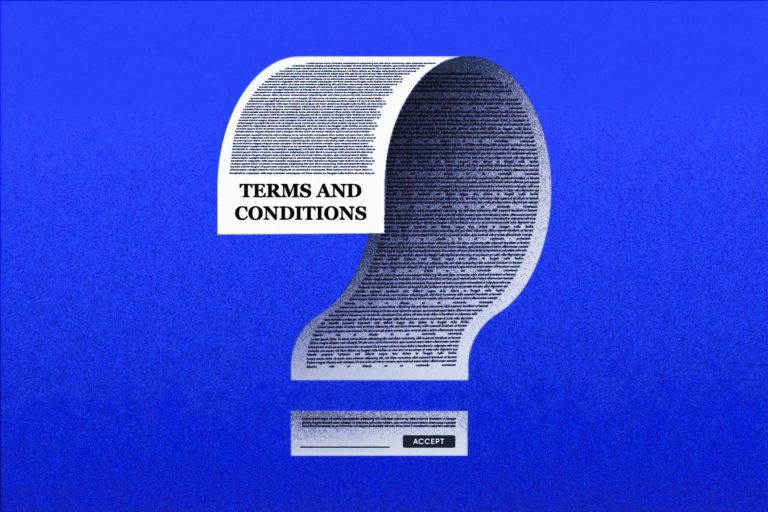What Should a Power of Attorney Include?
The pandemic has taught us how swiftly our lives can change, and interest in having a power of attorney (POA) has increased as a result. But you need to know how this powerful document is and what it’s limits are. A recent article from Forbes titled “4 Power of Attorney Clauses You Need To Focus On” explains it all.
The agent acting under the authority of your POA only controls assets in your name. Assets in a trust are not owned by you, so your agent can’t access them. The trustee (you or a successor trustee, if you are incapacitated) appointed in your trust document would have control of the trust and its assets.
There are several different types of POAs. The Durable Power of Attorney goes into effect the moment it is signed and continues to be valid if you become incapacitated. The Springing Power of Attorney becomes valid only when you become incapacitated.
Most estate planning attorneys will advise you to use the Durable Power of Attorney, as the Springing Power of Attorney requires extra steps (perhaps even a court) to determine your capacity.
All authority under a Power of Attorney ceases to be effective when you die.
There are challenges to the POA. Deciding who will be your agent is not always easy. The agent has complete control over your financial life outside of assets held in trust. If you chose to appoint two different people to share the responsibility and they don’t get along, time-sensitive decisions could become tangled and delayed.
Determine gifting parameters. Will your agent be authorized to make gifts? Depending upon your estate, you may want your agent to be able to make gifts, which is useful if you want to reduce estate taxes or if you’ll need to apply for government benefits in the near future. You can also give directions as to who gets gifts and how much. Most people limit the size of gifts to the annual exclusion amount of $15,000.
Can the POA agent change beneficiary designations? Chances are a lot of your assets will pass to loved ones through a beneficiary designation: life insurance, investment, retirement accounts, etc. Do you want your POA agent to have the ability to change these? Most people do not, and the POA must specifically state this. Your estate planning attorney will be able to custom design your POA to protect your beneficiary designations.
Can the POA amend a trust? Depending upon your circumstances, you may or may not want your POA to have the ability to make changes to trusts. This would allow the POA to change beneficiaries and change the terms of the trust. Most folks have planned their trusts to work with their estate plan, and do not wish a POA agent to have the power to make changes.
The POA and the guardian. A POA may be used to name a guardian, who would be appointed by the court. This person is often the same person as the POA, with the idea that the same person you trust enough to be your POA would also be trusted to be your guardian.
The POA is a more powerful document than people think. Downloading a POA and hoping for the best can undo a lifetime of financial and estate planning. It’s best to have a POA created that is uniquely drafted for your family and your situation.
Reference: Forbes (July 19, 2021) “4 Power of Attorney Clauses You Need To Focus On”









